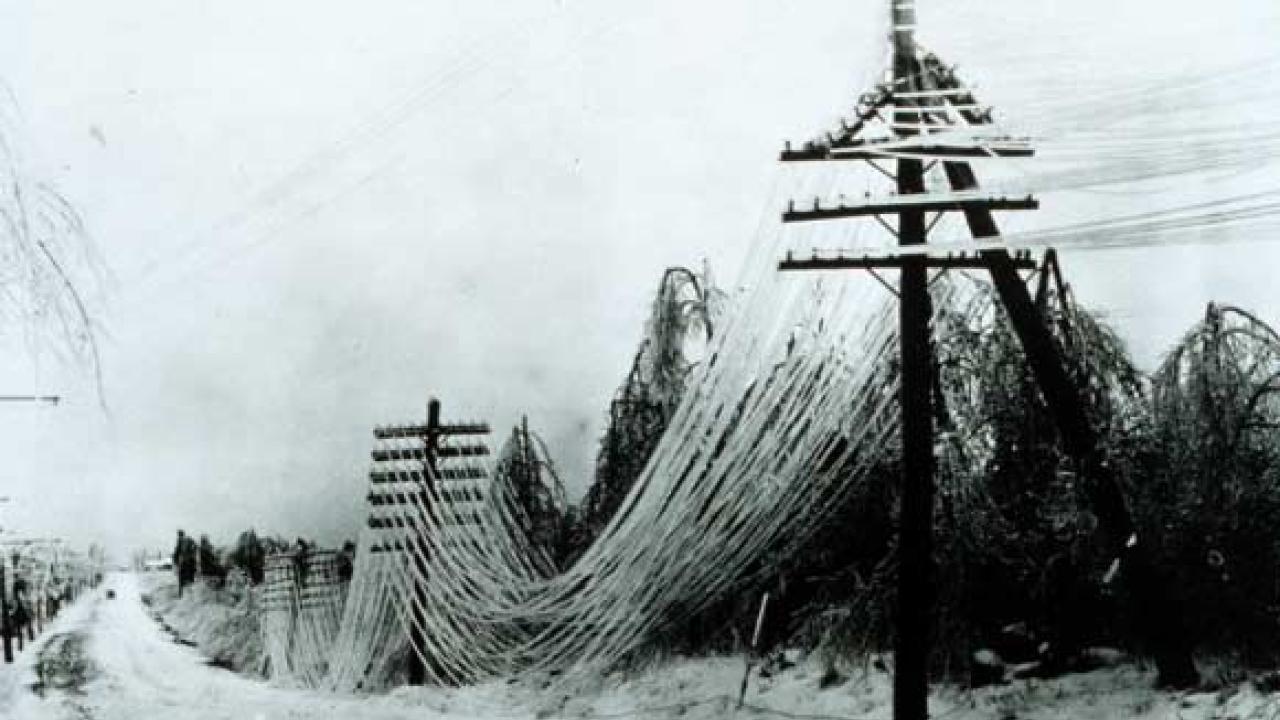
Many climate change studies indicate an increased frequency and intensity of extreme weather events, posing a threat to energy installations and infrastructure.
Responding to these threats will require new technological options and policy strategies to reduce exposure and vulnerability and to increase the resilience of energy systems to weather-related hazards. What those options and strategies could be is the topic of a week-long, joint ICTP-IAEA workshop being held 19 to 23 April in Trieste.
"It is important that new energy systems are 'climate safe' to make them more resistant and less vulnerable to extreme weather events," said workshop director Ferenc Toth of the IAEA's Nuclear Energy section. He explained that this is especially true for developing countries, where the impacts of climate change are expected to be particularly severe. Toth said that countries must account for these extremes when planning future energy systems.
The workshop addresses key scientific and policy-relevant issues such as:
• scientific uncertainties about the changes in the nature, magnitude and frequency of extreme events triggered by anthropogenic climate change, their formulation for use in impact and risk assessments for energy systems;
• the impact of these extreme events on energy installations and energy supply infrastructures;
• technological options and policy strategies to reduce exposure and vulnerability and to increase the resilience of energy systems to weather-related and non-weather hazards;
• integration of promising options and strategies in national energy planning and international energy strategies.
For more details about the workshop, visit the website.
















